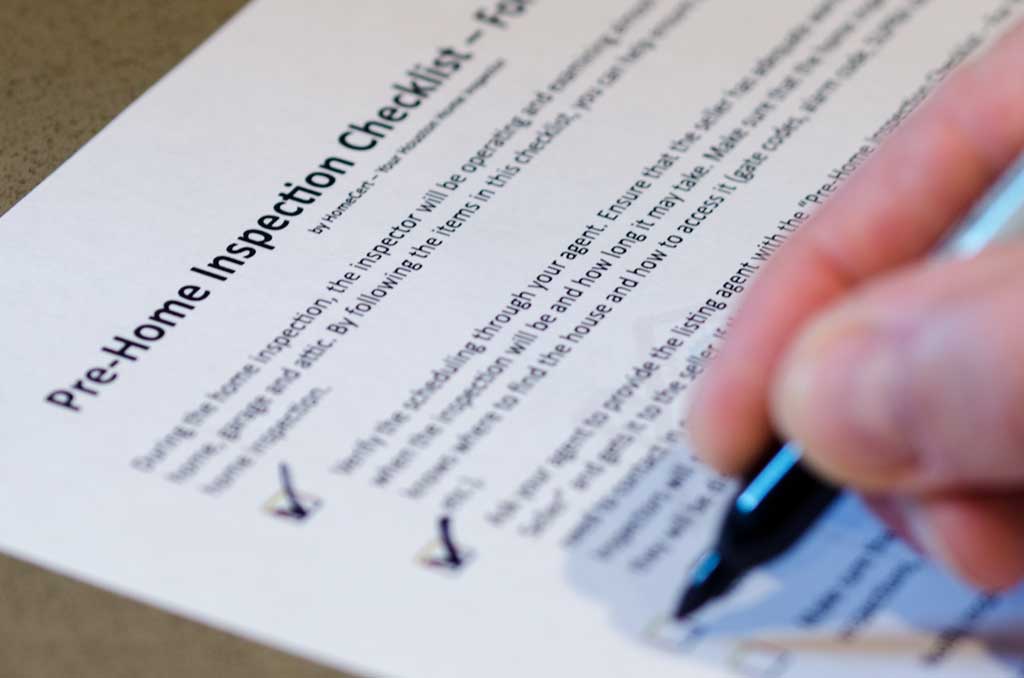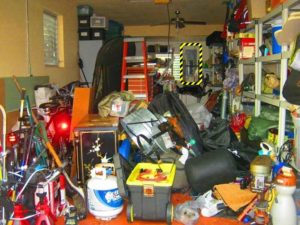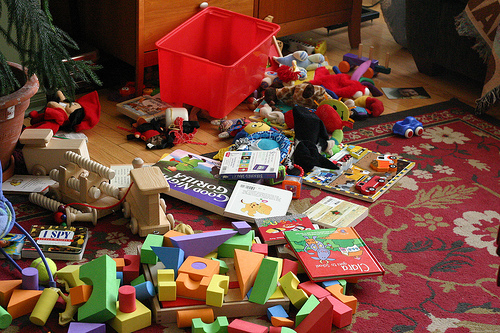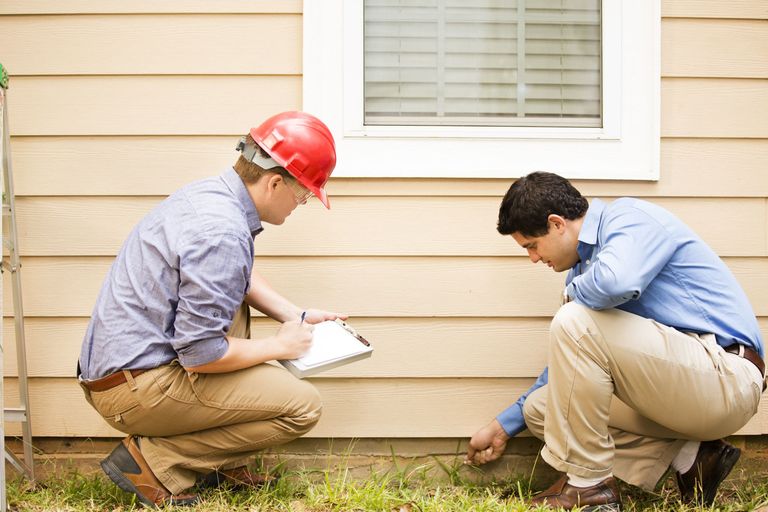Electrician
An electricians role is to quote, plan for, install and maintain electrical wiring systems. Electricians as tradesmen are able to specialise into different areas such as working indoors in homes and buildings, commercially, industrially and even on machinery, home appliances, and utilities. They may also alternatively work in outdoor settings, such as with power lines and street lights.
Electricians can work in a variety of settings depending on the organisation they are employed with. Regardless of whether an electrician works inside or outdoors, the role is always very physically demanding and labour intensive. They work on their feet all day, and often have to carry heavy equipment, and squeeze into small spaces, therefore ensuring that employees are physically able to complete the work is important.
Day-to-day tasks of this role:
Install and maintain electrical wires.
Read blueprints to understand where the cables need to go.
Locating and replacing faulty wires.
Reviewing work to ensure it meets the safety regulations and guidelines.
Maintaining and replacing circuit breakers.
Review the skills profile
To find the best person for the role, you need to understand what the role involves. You can complete this with the hiring manager to define the role, what it contributes to the organization, and the skills needed
Write a job description based on skills
Once you understand the requirements for the role, you’ll need to understand the skills for success. You can then write an effective job description to promote your role.

Guide to Electrical and Mechanical
The installation of electrical and mechanical services at sports grounds has always played an important part when considering the safety of spectators at sporting events. All sports grounds have in place a number of permanent or temporary mechanical and electrical installations. Many of these are safety-related or have their own safety implications
This includes:
turnstile monitoring systems
fire warning and other fire safety systems
catering installations
public address, CCTV and emergency telephone systems
Media installations.

Transparent Pricing
The number of electricians that we send out depends on the complexity of the job but rest assured that we will always strive for the maximum efficiency and therefore lowest cost to you. For example, if two electricians could complete a job in less than half the time that one could, we will send two as the overall cost would be less.
which includes the first hour’s labour. Normally we can diagnose and secure the fault within the first hour. If follow-up work is required once safety has been restored we can continue at the rate
Generally it will take longer to rewire an occupied house than an empty one. Rewiring often takes at least two people – if more staff are used, it may be done more quickly but costs (total man hours) are likely to be the same.
Requirements for Electrical Installations
This qualification ensures that you are up-to-date with the latest industry regulation on wiring and the safe use and operation of electrical equipment and systems
If you’re a practising electrician, you must comply with the regulations for electrical work, this qualification is designed to provide those seeking progression in their career with the opportunity to develop the skills necessary to carry out job roles and responsibilities associated with the Electrotechnical industry.
We are issuing digital credential to learners who have completed this qualification. Please add your learners’ email address during registration. A digital credential cannot be issued without the learner’s email address.
This level will suit you if you are a practising electrician with specific qualifications, who needs to update your certification to meet the latest edition of the IET Wiring Regulations. Alternatively, you’re a newly qualified electrician who needs to gain this certificate.
This course is available as a one-day refresher course or a full qualification.
For the refresher course, you complete one core unit:
Requirements for electrical installations update to BS 7671: 2008.
For the full qualification you also complete one core unit:
Requirements for electrical installations to BS 7671: 2008.
Step-by-step guide on how to become an electrician
Electricians are in constant demand. If you’re looking to take the leap into self-employment, becoming an electrician can be a great way to work for yourself and boost your earning power. So what do self-employed electricians
What do self-employed electricians do?
Electricians have a range of responsibilities, and the exact type of work you do will depend on your specialist area. The day-to-day work for a self-employed electrician is likely to include:
Installing electrical systems such as power systems and lighting
Maintaining and checking electrical systems for efficiency and safety
Repairing and rewiring
Supervising other members of an electrical team
What is a self-employed electrician salary?
According to the National Careers Service, the average salary for a starter electrician is up to around $23,000. Experienced electricians can earn up to $35,000, and highly experienced individuals up to $42,000.
However, you should bear in mind that these figures are for employed electricians. As a self-employed person you’ll be able to set your own rates. It’s important to understand that most self-employed electricians work on a day rate. These can vary quite significantly depending on your specialism or experience
How to become a self-employed electrician – step-by-step
Make sure you have the right qualifications
In order to work as a self-employed electrician, you’ll need some qualifications. Electricians are required to have at least a level three electrical or electro-technical qualification. As the Electrotechnical Skills Partnership points out, this must be awarded by either EAL or City and Guilds.










